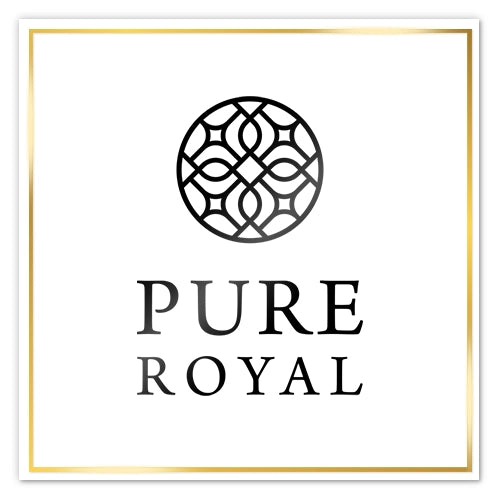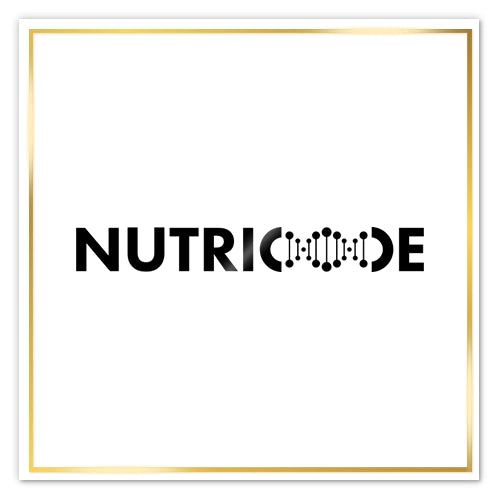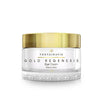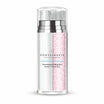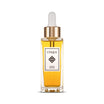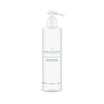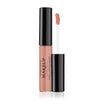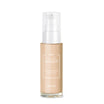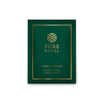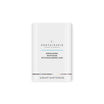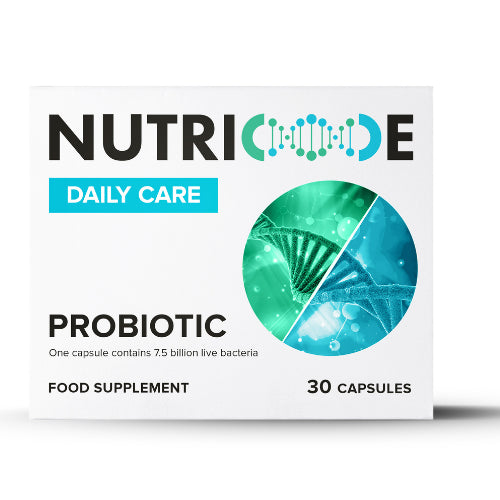
Probiotics for intestinal flora | Nutricode PROBIOTIC DAILY CARE
By ordering the product from this website, you benefit from the discount dedicated to FM WORLD Partners - you save up to 30% of the catalog price.
Nutricode Probiotic Daily Care is an ideal food supplement for people who want to take care of themselves when their immune system needs support. Excellent for people taking antibiotics as well as those who are exposed to stress and suffer from digestive ailments caused by it.
- composed of unique and patented strains of bacteria with probiotic properties
- supports the intestinal microflora, facilitates its stabilization
- useful in dysbiosis of the digestive system, in periods of weakened immunity or increased stress and during antibiotic treatment
FOR WHOM? For people suffering from problems related to the digestive system, caused by stress, change of environment and diet or treatment with antibiotics.
WHAT ARE PROBIOTICS?
Probiotics are the so-called good bacteria, which are found naturally in our body and help to assimilate nutrients while fighting infections. They are microorganisms that make up the body's beneficial flora, and between 400 and 500 such strains of bacteria live in our body. These microorganisms are found on the skin, the urogenital tract, the upper respiratory tract, the oral cavity and to a large extent on the intestinal level.
WHAT IS THE ROLE OF PROBIOTICS?
The role of probiotics is very important: they create a protective intestinal filter against unfriendly microbes, keep infections in the body at bay, help the immune system, prevent gastrointestinal disorders and imbalances that can lead to recurrent vaginal and urinary infections, regulate intestinal transit and limit symptoms of irritable bowel syndrome . Probiotics are also involved in the synthesis of vitamins B1, B2, B6, B12, folic acid and biotin and help the body to detoxify itself from harmful substances such as ammonia, cholesterol or excess hormones.
Among the disruptive factors of the beneficial flora are: antibiotics, corticosteroids, birth control pills, ibuprofen, aspirin and indomethacin, chlorinated water, as well as some foods (refined sugar, hydrogenated fats). That is why more and more people need probiotics, especially since the specialized literature states that 80% of the strength of the immune system is located in the intestines, in the bacterial flora.
However, there are certain categories of people who should especially consume probiotics. It is about people with skin problems, about those with respiratory allergies, those who have dandruff or who have recurrent genital infections. Probiotics should also be administered during travel as they protect against indigestion and provide protection against germs in food and water and stabilize the immune system. Also, people who have irritable bowel syndrome and those who suffer from frequent constipation should take probiotics.
The positive effects are conferred by the ability of probiotics to colonize the mucous membranes when administered. There are also particular situations, when the therapeutic value resides strictly in the effects conferred by the probiotic-host interaction, without bacterial colonization occurring.
HOW DO PROBIOTICS HELP THE BODY?
The best known and most important beneficial effects of probiotics on the body are:
- Fighting infections - The antimicrobial role of probiotics is based on their dual action. They act both through their own production of factors with an antimicrobial role, and by stimulating the production of peptides, substances with an anti-infective role produced by the organism that the probiotics colonize. For this reason they play an important role in the fight against respiratory infections, for example. Probiotics have the ability to produce a wide spectrum of substances with an antimicrobial role (such as short-chain fatty acids - acetic and lactic, bacteriocins, H2O2), but also other substances that help probiotics limit the proliferation, pathogenicity or even induce the death of pathogenic microorganisms . In most cases, the antimicrobial protection effect exerted by probiotics is due to the peptides they produce, called bacteriocins. Bacteriocins have bactericidal or bacteriostatic properties, so they destroy or stop the multiplication of bacteria harmful to the body, the positive effect being that, although they inhibit the development of pathogens, they do not affect the other strains that make up the body's microbiome.
- Support immunity - Probiotics help to stimulate the synthesis of type A immunoglobulins, and this is the main mechanism by which probiotics are able to support immunity, that is, participate in immunomodulation. Studies document increased overall Ig A production as well as pathogen-specific IgA production as a result of interaction with probiotics. This action represents an extremely important mechanism for anti-infective defense. Studies tend to support the superior ability of probiotic supplement formulas to stimulate Ig A synthesis, especially when paired with prebiotics. In addition to supporting the synthesis of type A immunoglobulins, probiotics have also proven effects of modulating inflammatory processes and the activity of natural killer cells, NK that fight against virally infected and cancerous cells. Also, probiotics increase the efficiency of the barrier function represented by the intestinal mucosa, therefore reducing the permeability induced by pathogenic microorganisms, but also that associated with inflammation.
- Ensures normal digestion - Digestive problems arising from the imbalance of the microbiome can be corrected very easily by taking probiotics. Whether it is temporary imbalances caused by the consumption of antibiotics, or chronic conditions that lead to imbalances in the intestinal flora, digestion can be improved thanks to probiotics.
NUTRITIONAL VALUE
The Probiotic food supplement stands out from the others on the market – 1 gram of the product contains over 25 billion bacteria with probiotic properties ! They provide effective support in case of intestinal dysbiosis and resulting gastrointestinal problems, as well as in case of increased stress, during the period of reduced immunity and during antibiotic therapy.
Product use
ingredients
Weight
Product information
Produced by/for : FM WORLD Spółka z ograniczoną odpowiedzialnością z siedzibą we Wrocławiu, address: ul. Żmigrodzka 247, 51-129 Wrocław, KRS: 0000411446, NIP: 8952010760
Ingredients: Rarely the list of ingredients can be changed. Check the ingredients listed on the label of the purchased product.



